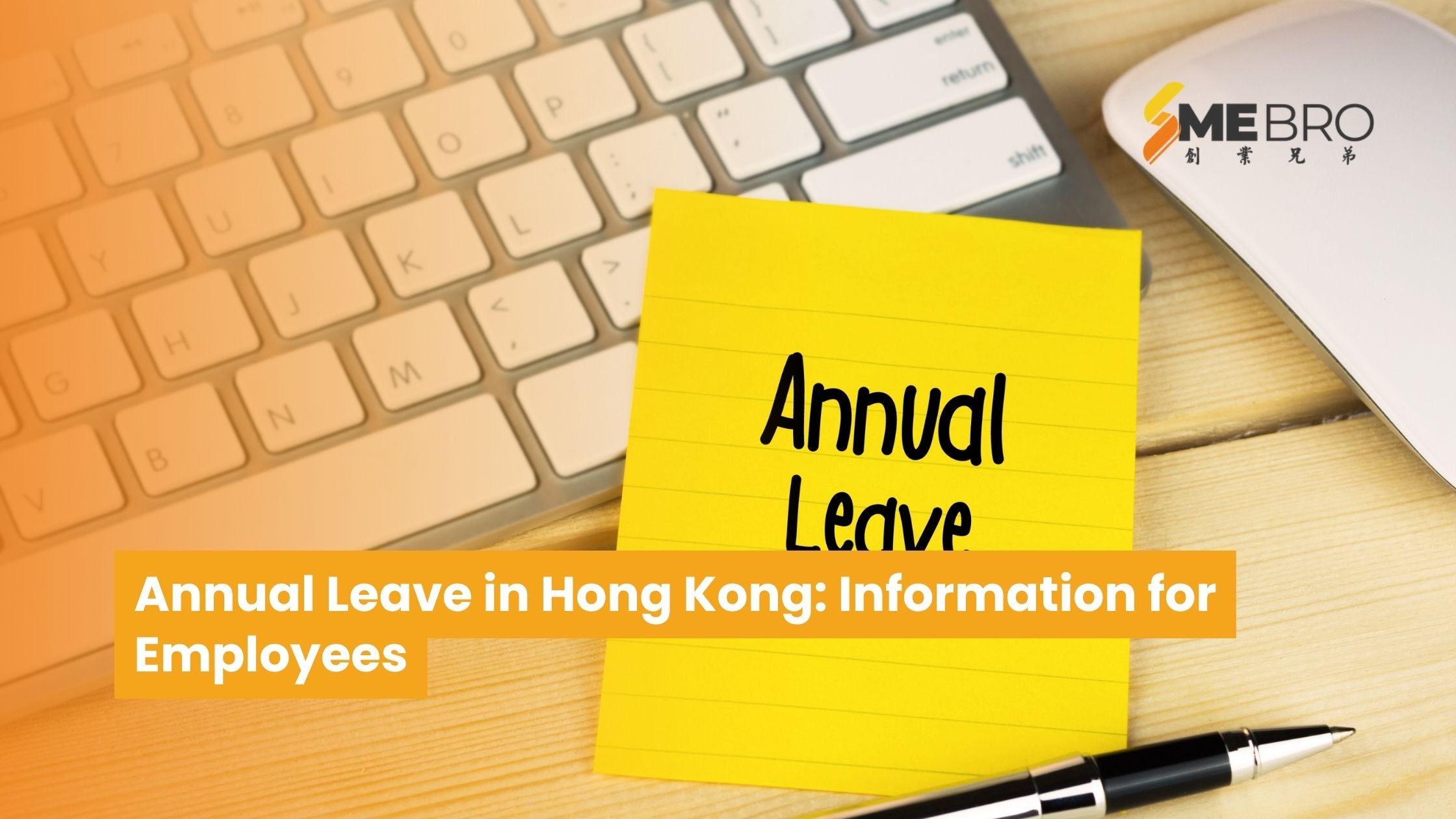Planning to work in China? Navigating the work visa process might seem a bit daunting, but understanding the point system is key to a smooth application.
Let's break down how China evaluates foreign talent, ensuring you're well-prepared to embark on your professional journey in this dynamic country.
Understanding China's Work Visa Point System
China has introduced a new work visa point system that overhauls the previous system for evaluating and classifying foreign labor.
How To Apply China Visa In Hong Kong: Full Guide
This new framework aims to streamline the process and attract top global talent to the country. Here's an overview of the key aspects:
Overview of the New Work Permit System
The new system classifies all foreign work permit applications into three categories based on a talent point system:
- Type A: High-Level Talent (>85 points): This category is reserved for experts, senior executives, experienced engineers, and individuals with unique talents. Applicants in this tier face no restrictions on age or work experience.
- Type B: Professional Talent (60-85 points): This tier includes regular managers, senior professionals, and other skilled positions within companies. Applicants may face limitations based on age, educational background, and work experience.
- Type C: Ordinary Workers (<59 points): This category covers basic jobs that require no prior work experience or university degrees. The Chinese government aims to restrict the volume of Type C permits issued.
Key Differences from the Old System
The new system introduces several notable changes compared to the previous regime:
Unified Evaluation Process
Previously, different authorities like the Labor Bureau and Expert Bureau evaluated applications based on the applicant's status (student, teacher, employee, etc.). Now, all applications are handled by the Expert Bureau under the new point-based system.
Consolidated Work Permit
The new system replaces the Expert License and Alien Employment License with a single Foreign Work Permit card.
Internship Visa
The new system allows for an Internship Visa, enabling applicants to apply for internship positions without prior work experience. Initially limited to French citizens, more countries are expected to be added in the future.
Streamlined Documentation
Seven previously required application materials, such as Application Letters and Recommendation Letters, are no longer needed. However, applicants must now provide legalized copies of their highest degree and a police certificate.

The new work visa point system aims to attract top global talent to China while providing a more transparent and structured approach to evaluating foreign labor. Understanding its nuances is crucial for individuals seeking employment opportunities in the country.
Tier Classification and Points Criteria
The china work visa point system classifies foreign applicants into three tiers based on a points-based evaluation:
Point Scoring Criteria and Categories
The china visa point system evaluates applicants based on several criteria, including:
- Annual salary paid by the employer
- Educational qualifications or vocational skills
- Work experience relevant to the field
- Time to be spent working in China annually
- Age
- Chinese language proficiency
- Location of employment in China
- Expertise or additional credits
Notable Benefits for Each Tier
Tier A comprises approximately 16% of expats in China and offers several benefits, including:
- A "green channel" service for expedited approval (around 5 working days faster)
- Paperless verification during the application process
- No restrictions on age, education degree, or work experience
Tier B accounts for around 61% of expats and requires:
- A bachelor's degree and two years of relevant work experience in most cases
- Strict and time-consuming application procedures compared to Tier A
- Potential limitations based on labor market demand and industry saturation
Tier C (approximately 22% of expats) is intended for:
- Short-term work in China (under 90 days)
- Positions subject to quotas, such as young talent internship programs
- Longer processing times and shorter validity periods for work permits
Understanding the tier classification and points criteria is crucial for foreign professionals seeking employment opportunities in China under the new china work visa point system.
Application Process and Requirements
The application process for obtaining a China work visa under the new point system involves several steps and requirements.
It is crucial to understand and follow these procedures meticulously to ensure a smooth and successful application.
Step-by-Step Guide to Applying
The employer in China must apply for this letter from the labor bureau by submitting the required documentation. This letter confirms the applicant's eligibility to work in China, and it typically takes 3-4 weeks to obtain.
Once the Foreigner's Work Permit Notification Letter is obtained, the applicant can apply for the Z Visa (work visa) at their local Chinese embassy or consulate. The Z Visa is valid for three months and allows the applicant to enter China.
After entering China, the applicant must remain in the country for a continuous period of 30 days. During this time, they must apply for a residence permit from the local public security authority.
With the residence permit, the applicant (or their employer) can then apply for the Foreigner's Work Permit, which allows them to legally work in China.
Required Documents and Notarizations
To apply for the China work visa and related permits, applicants must provide the following documents:
- Completed application form
- Valid passport with at least six months of validity
- Recent passport-style photographs
- Foreigner's Work Permit Notification Letter (obtained by the employer)
- Highest degree certificate or diploma (legalized or notarized)
- Criminal record certificate from the applicant's home country or country of residence (legalized or notarized)
- Employment contract or letter of appointment from the Chinese employer
- Physical examination certificate
- Additional documents may be required, such as proof of language proficiency or professional qualifications, depending on the applicant's specific circumstances.
It is essential to ensure that all documents are properly legalized or notarized by the relevant authorities before submission.
Conclusion
China's work visa point system might seem complex at first glance, but understanding its components can demystify the process.
By carefully assessing your qualifications and strengths, you can maximize your chances of securing a work visa and embarking on a fulfilling professional journey in China.



